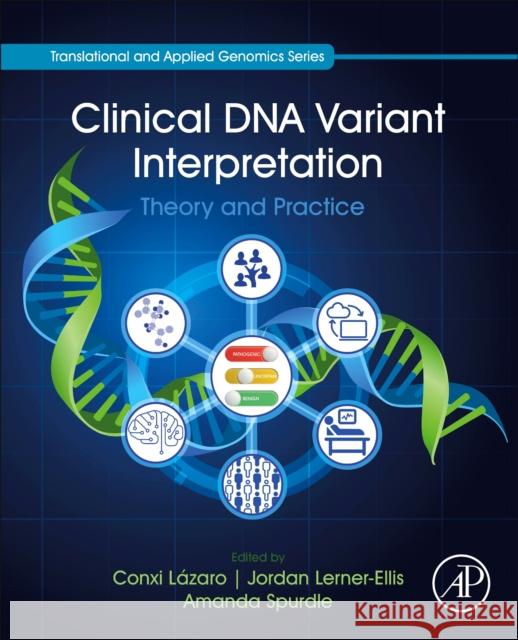Clinical DNA Variant Interpretation: Theory and Practice » książka
topmenu
Clinical DNA Variant Interpretation: Theory and Practice
ISBN-13: 9780128205198 / Angielski / Miękka / 2021
Kategorie BISAC:
Wydawca:
Elsevier Science Publishing Co Inc
Seria wydawnicza:
Język:
Angielski
ISBN-13:
9780128205198
Rok wydania:
2021
Numer serii:
000835304
Oprawa:
Miękka
Wolumenów:
01
Dodatkowe informacje:
Bibliografia
Wydanie ilustrowane
Wydanie ilustrowane











